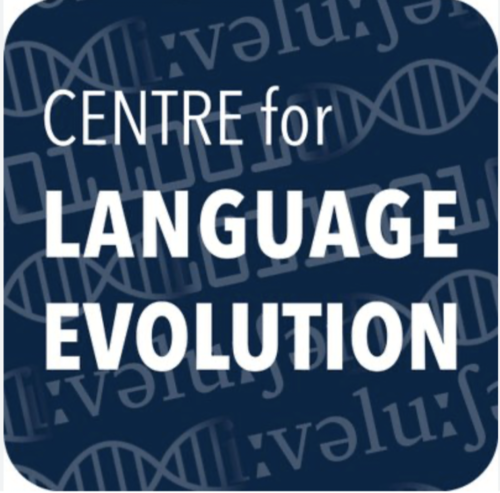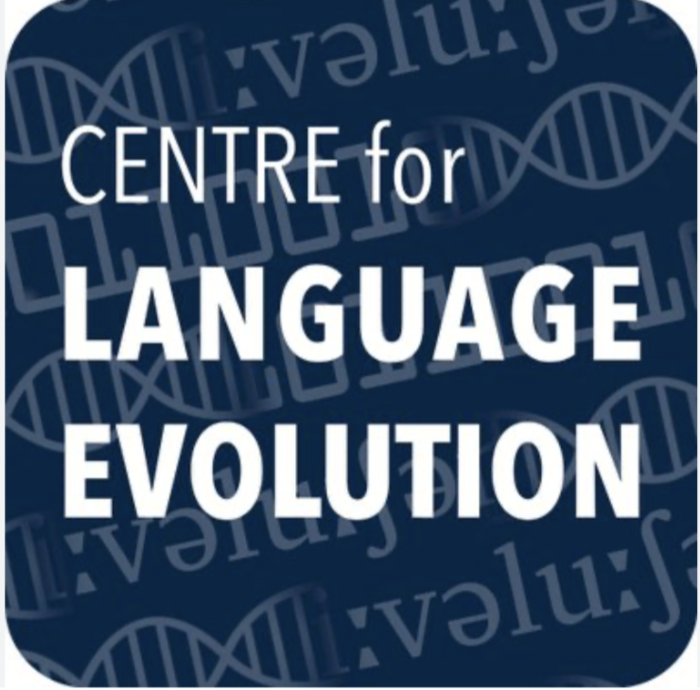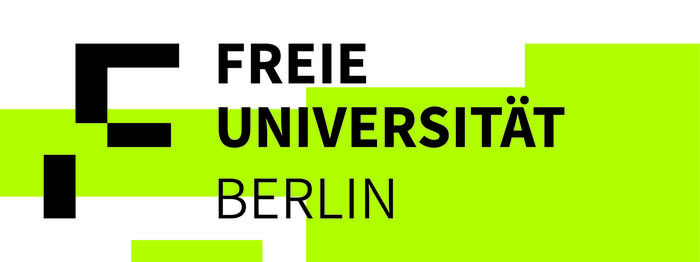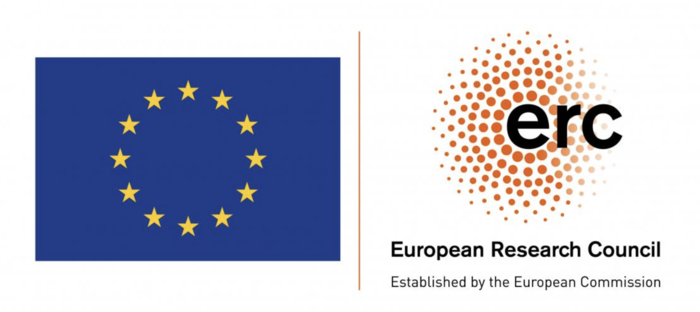Experimental Replication of Historical Reanalysis Processes (EXREAN)
What is Exrean?
In historical linguistics, reanalysis is described as the process by which speakers assign a new meaning to a formally unchanged element. Reanalysis is a meaning change that leads to grammar change. However, due to the methodological difficulty of studying change on the basis of historical texts and limitations in the understanding of associated social processes, current research struggles to explain both why and when reanalysis occurs and why it spreads between speakers.
EXREAN has three main innovative objectives: (a) to develop a methodology that allows replicating historical reanalysis processes in a laboratory setting, (b) to determine in which context types reanalysis occurs, (c) to determine which social, language-specific, and individual determinants favor or disfavor reanalysis and its actualization.
The EXREAN project is the first of its kind to systematically examine reanalysis and actualization processes in a laboratory setting. EXREAN brings together and integrates insights from historical linguistics, psycholinguistics, and social psychology. Using experimental paradigms from natural language comprehension and artificial language learning, participants from typologically diverse languages will be trained to replicate three attested historical reanalysis processes from different grammatical domains. The project will test the hypothesis that reanalysis processes can be predicted from exposure to bridging contexts, social factors such as arousal and familiarity, individual differences in habit tendency, and blocking effects arising from previous experience with language.
EXREAN breaks new ground by developing a methodology by which hypotheses on processes of language change can be submitted to rigorous testing. It will establish the necessity to define reanalysis not only as a cognitive, but also as a social process. In doing so, EXREAN will establish a new historical linguistics that understands itself as a predictive science.
News







